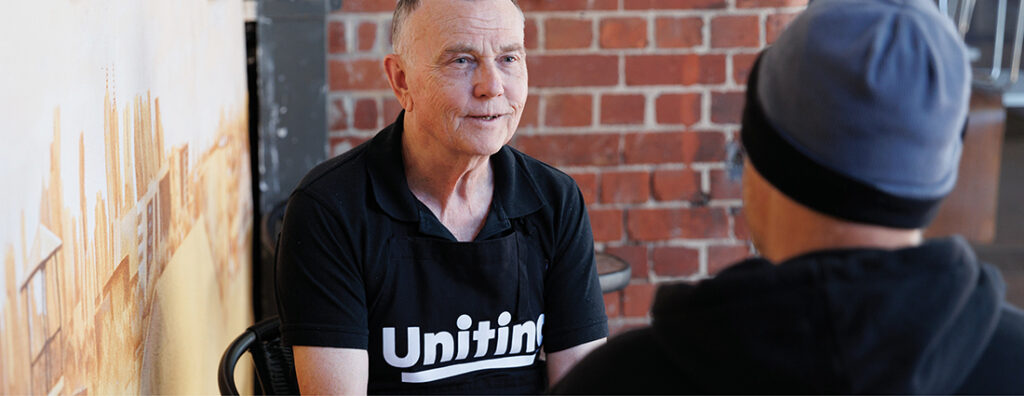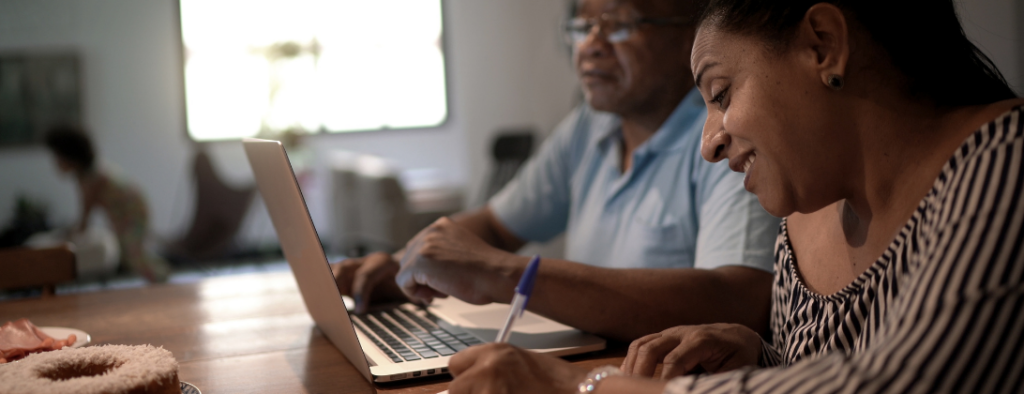New research from Uniting Vic.Tas has uncovered the devastating impact the rising cost of living is having on Victoria and Tasmania’s most vulnerable.
The ‘Can’t afford to live: The impact of the rising cost of living on Victorians and Tasmanians on low incomes’ report, which was carried out by Uniting Vic.Tas and Swinburne University’s Centre for Social Impact, was launched today as part of Anti-Poverty Week.
The Uniting report lays bare the crippling effect the rising cost of living is having on the most vulnerable low-income earners across both states.
For the report, 112 people were surveyed including those on income support, working full-time, parents, carers and retirees. It found:
- 92 per cent were cutting back on food and groceries due to costs
- 85 per cent of parents with children under 18 were experiencing poor mental health as a result of rising costs
- Women were more likely than men to be bearing the brunt of cost-of-living pressures
- More than one in 10 reported an increased risk of family violence due to the strain of making ends meet
Uniting Vic.Tas CEO Bronwyn Pike said many families are being forced to make impossible choices between everyday essentials.
“People can only live a safe and dignified life if they can afford life’s essentials and can live free from constant worry about how they will keep a roof over their heads and food on their table,” Ms Pike said.
“A basic standard of living means being able to turn on the lights and not worry about having the power cut off. It means being able to afford food, rent, energy, water, medicine and education, without being pushed into financial stress or crisis.
The report found Tasmanians were among the hardest hit and more likely to be experiencing significant disadvantage due to cost-of-living pressures, including` struggling to pay rent, financial difficulties, poorer mental health and increased reliance on alcohol and drugs.
Tasmanians were also 25 per cent more likely to be experiencing difficulties with their housing situation due to the rising cost of living.
Jeremy Pettet, Executive Officer of Uniting Tasmania said the research supports what staff and volunteers see every day when people come into our emergency relief services to access food and material aid.
“Affording the necessities is now out of reach for many.” he said.
One person surveyed summed up the heartbreaking choices they are forced to make every day: “You pay rent, you buy groceries, and you freeze, or you buy groceries, you turn on the heater and (can’t afford) rent.”
A parent summed up their despair at the rising cost of living: “[The most significant impact is on] my mental health, I feel like a failure as a parent because I can’t afford to care for my children.”
As part of the release of the report, Uniting Vic.Tas is calling for changes to help ease cost of living pressures on low-income and other vulnerable people:
- Raising the level of income support – JobSeeker and parenting payments
- Increasing the rate of rent assistance
- Greater funding for community services including emergency relief – such as foodbanks – as well as housing and tenancy, mental health, employment and social isolation support
The ‘Can’t afford to live: The impact of the rising cost of living on Victorians and Tasmanians on low incomes’ report was published on the Uniting Vic.Tas website at 10am Wednesday 19 October.






